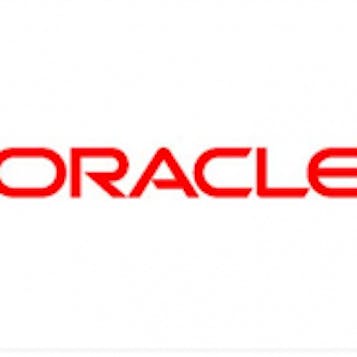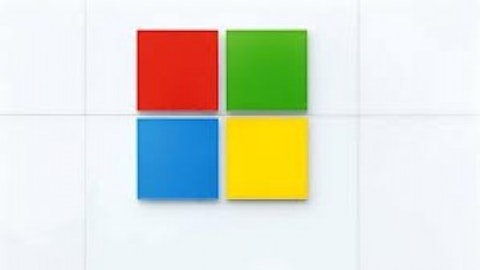On June 21, shares of Oracle Corporation (NYSE:ORCL), the largest maker of database software, fell to a seven-month low after sales missed estimates for a second straight quarter, as customers shifted spending to competitors’ Web-based business tools. Analysts were expecting fourth quarter sales of $11.1 billion, versus the company’s actual sales of $11 billion. In response, shares slumped 9.3% on heavy volume.

The partnership
The much- discussed partnership with Microsoft Corporation (NASDAQ:MSFT) is a major evolution in cloud computing, sending both customers and profits to Microsoft Corporation (NASDAQ:MSFT) and Oracle Corporation (NYSE:ORCL). This is a “must have” for Oracle which keeps losing customers on the cloud front. In this partnership, customers can now run Oracle Corporation (NYSE:ORCL) software on Windows Azure platforms as well as on the Microsoft Server Hyper-V. Oracle Corporation (NYSE:ORCL) Database, Oracle Java, Oracle WebLogic Service, and Oracle Linux will now also be available to Windows Azure customers. This alliance of rivals can be regarded as a response to the dominant role that International Business Machines Corp. (NYSE:IBM) and Amazon.com are playing in the cloud space. Amazon Web Services (AWS), for example, is indisputably the largest cloud service provider by far, and by all accounts. AWS took in around 35% of the $1.2 billion spent globally on infrastructure-as-a-service clouds in Q4 2012, with International Business Machines Corp. (NYSE:IBM) coming in at a distant second with 5%.
And that’s not the only partnership for Oracle Corporation (NYSE:ORCL). Recently, Salesforce.com and Oracle announced a comprehensive nine-year partnership to integrate their clouds, encompassing all three tiers of cloud computing: Applications, Platform and Infrastructure. Salesforce.com plans to standardize on the Oracle Linux operating system, Exadata engineered systems, the Oracle Database, and Java Middleware Platform. Oracle Corporation (NYSE:ORCL) plans to integrate salesforce.com with Oracle’s Fusion HCM and Financial Cloud, and provide the core technology to power salesforce.com’s applications and platform.
Most interestingly, Oracle’s hardware business may be turning a corner. Ellison said Oracle’s Exadata computers and other high-end “engineered systems” now account for more than a third of the company’s total hardware business. Oracle sold more than 1,200 such systems in the fourth quarter. This is interesting because the overall trend in hardware is down, not up. That’s precisely the reason why IBM has made its famous turnaround from a hardware company to an IT leader. Software and services represented only 65% of IBM’s profit in 2000. It’s up to 84% today. This is well reflected in its operating margins that improved from 10% 6 years ago, to 22% today. That’s a direct result of the move to software. Oracle and Microsoft are software- based companies. Operating margins of Oracle and Microsoft are 38% and 35%, respectively.
Shareholder friendly
Oracle doubled its dividend to 12 cents a year. In addition, the board also authorized Oracle to buy back up to $12 billion worth of common stock under the company’s existing share repurchasing program. Something that Oracle has been doing intensively since 2011. It represents s a clear commitment from executives to shareholders, and it shows that they also believe shares are currently undervalued.





